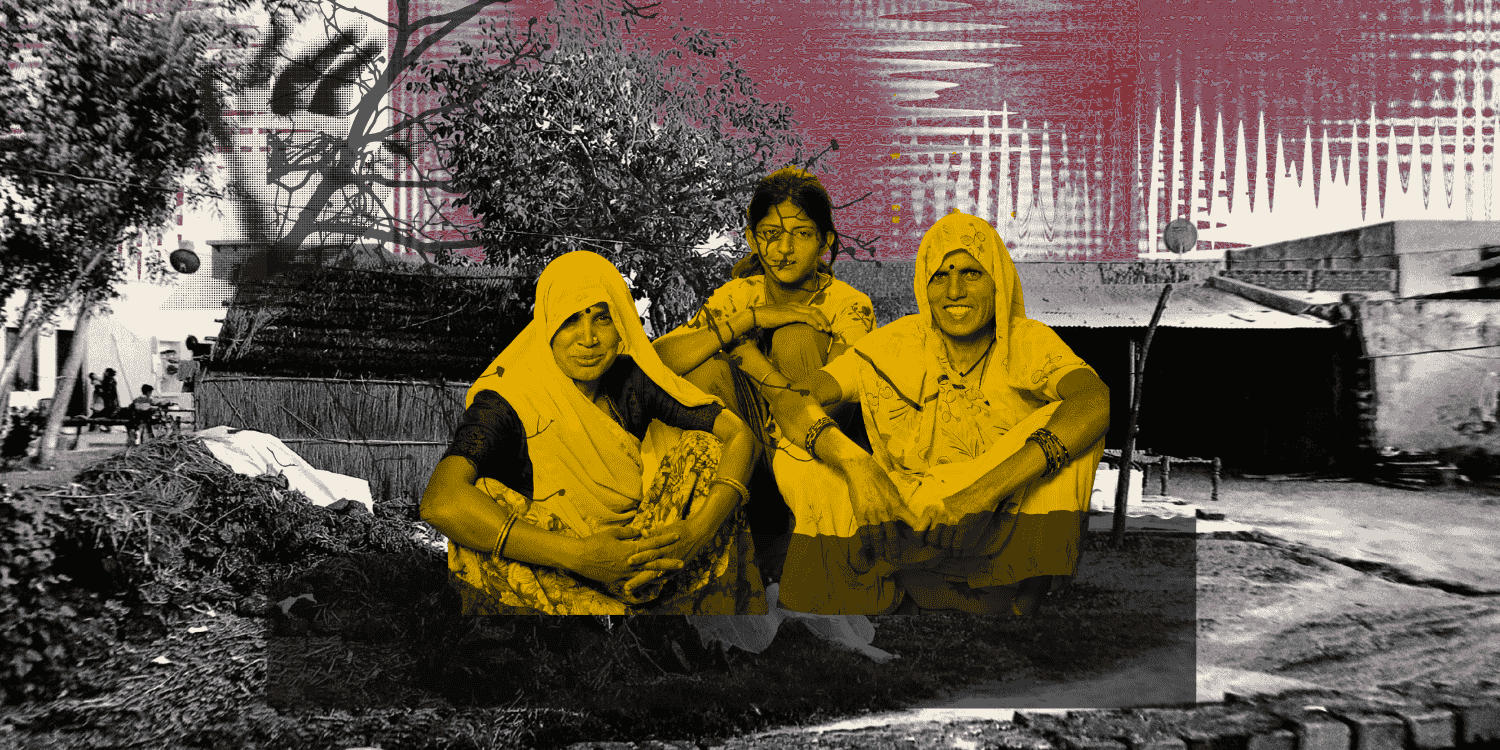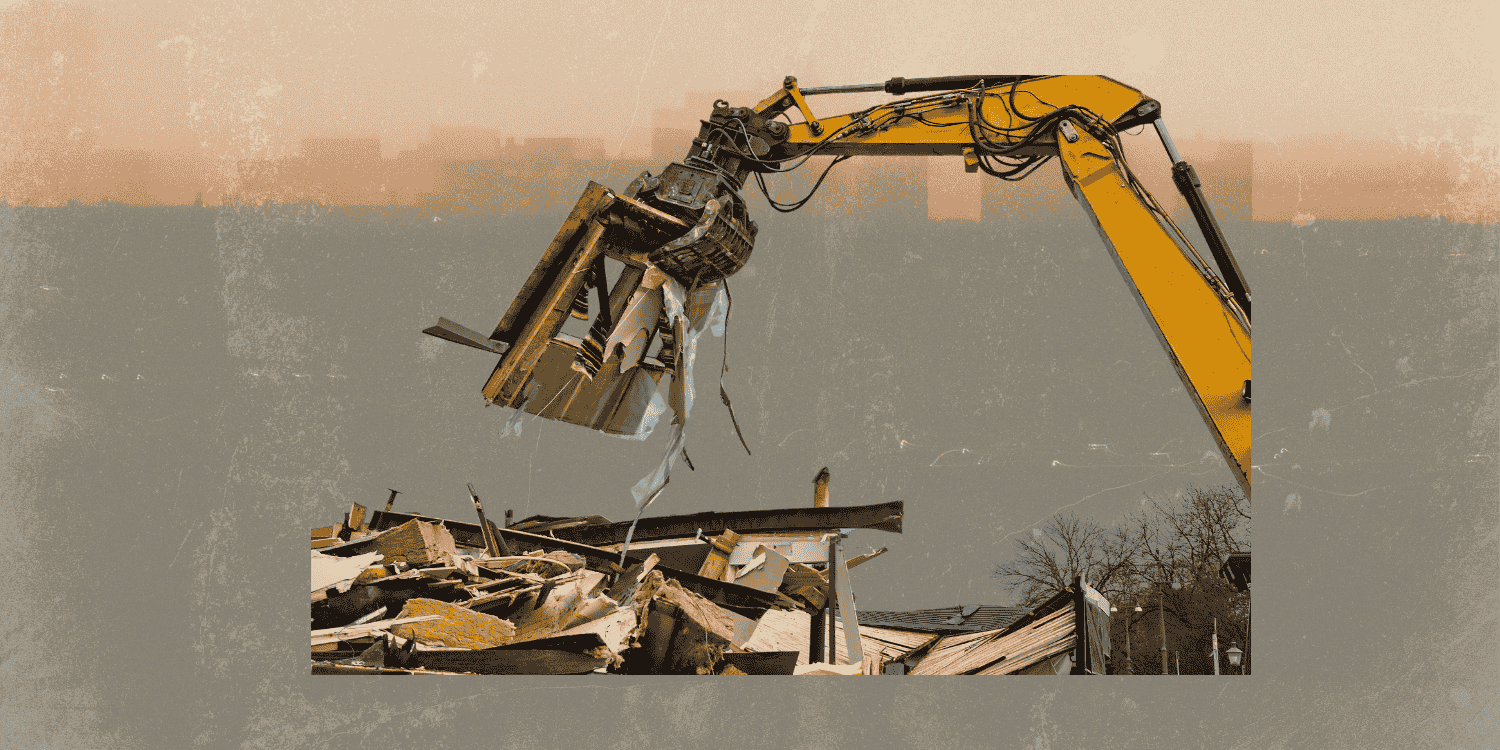ABSTRACT
When confronted with complex challenges of law and order, governance, or social reform, Indian lawmakers routinely resort to enacting statutory provisions copied verbatim from previous laws. For example, the provision that imposes harsh conditions on bail is the same for the Narcotic Drugs and Psychotropic Substances Act of 1985 [NDPS Act], the Drugs and Cosmetics Act of 1940, and the Wildlife Protection Act of 1972. Lawmakers have exacted the provision despite the laws being diverse, both in subject area and time period.
The provision has sparked intense legal debate, given its constitutional ramifications and implications on personal liberty. It has been widely criticised for making pre- or under-trial bail near impossible, especially when over two-thirds of the prison population comprises those under trial. However, an interdisciplinary and comprehensive policy perspective is missing from the discourse. Most such analyses tend to focus only on one specific law, ignoring the effect of the same provision’s presence in multiple laws.
The paper aims to explain the legal criticism of this provision and its impact on personal freedom and rights while also examining the stated legislative intentions of introducing it into various laws.
Keywords: Bail, Criminal Justice, Legal Reform, Parliamentary Debates
INTRODUCTION
Indian headlines are dominated by news of high-profile bail cases that read ‘Supreme Court junks bail plea in PMLA case,’ or ‘SC grants bail to UAPA undertrial in custody for 8 years, observing trial will take a long time.’ Most such high-profile cases share a striking similarity: a near-identical and verbatim set of restrictions on bail. Such restrictions that govern these cases are reproduced across laws which criminalise offences ranging from drug possession to terrorist activity. These conditions also make release on bail extremely difficult, if not impossible, for undertrials. The circumstances, therefore, raise serious constitutional and human rights concerns, besides the question of what justifies the lengthy imprisonment of a person who has not yet been found guilty.






